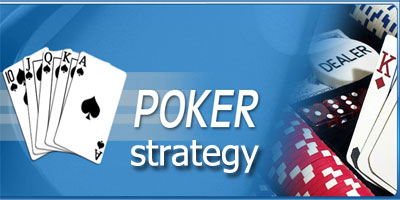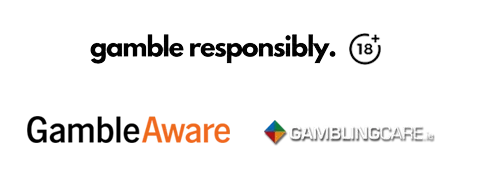Poker Strategy: Basic Bankroll Management
- Written by David Bet

Bankroll Management is key to becoming a successful poker player. Learn to build, grow and protect your online poker bankroll. Get to know the ins and outs of bankroll management so you can get the most out of your online poker deposit!

€5 Cash Game Ticket, Up To €100 New Player Bonus, Tournament Tickets worth €5 and 10 Free Spins. Verified account only. Tickets valid seven days. Full T&C's apply.
Poker strategy: Basic Bankroll Management
Everyone wants to believe that their card skills alone will make them successful at the game, but the truth is that money management is just as important and can make poker from a hobby that costs you money into an activity that pays for itself and even profits the smart player. Everyone who's ever made a deposit in an online poker room has imagined that they'll turn that initial $100-200 into real money, but it takes a willingness to mitigate risks to turn a small initial investment into something to be proud of.
Use Money You Can Afford To Lose
Right up front, let's stress this. Don't play poker with money you don't have. Poker should be fun and the stress over whether or not you can afford your mortgage or play in a $500 buy-in event isn't worth it. Don't depend on poker as a viable way to make a living until you've reached the point where your bankroll is in the tens, if not hundreds of thousands of dollars.
Your Bankroll Tells You What To Play
One of the handiest rules of thumb for good financial play is that your bankroll should have a minimum of 300 big blinds at your regular level of play. In other words, if you play $5/$10 hold 'em, you should have $3000 waiting in reserve. An amount that large in relation to your average playing abilities allows you to account for at least 90% of the variance you'll encounter when your play. Theoretically, a really bad run mean that you could lose all of the big bets, but in most cases downward trends are just normal variance. If you do drop below 300 big blinds, you're going to be unable to play poker as aggressively as you should or, worse yet, you're going to lose it all after continuing to play aggressively without a safety net.
Personally, I like to have an additional 200 big blinds in my roll above what I actually need for the limit I'm playing. This means that a slight trend downwards isn't going to derail my usual game.
Don't Be Proud
If you dip into the danger zone with your bankroll, don't be afraid to step down into a lower level of play in order to mitigate the damage on any variance you might run into. Oftentimes, lower level play helps players regain their confidence and gives them a chance to analyze their game versus higher-limit games that can erode your confidence and finances at the same time.
Discipline is key in poker, no matter if we're talking about playing the cards themselves or the money you use in your game. Learning how to maximize your profits while minimizing losses is what separates casual players and the sharks whose bankrolls grow from their losses.

